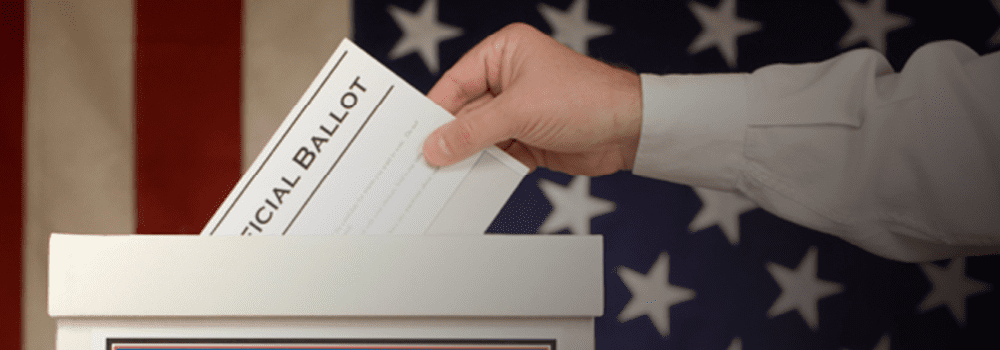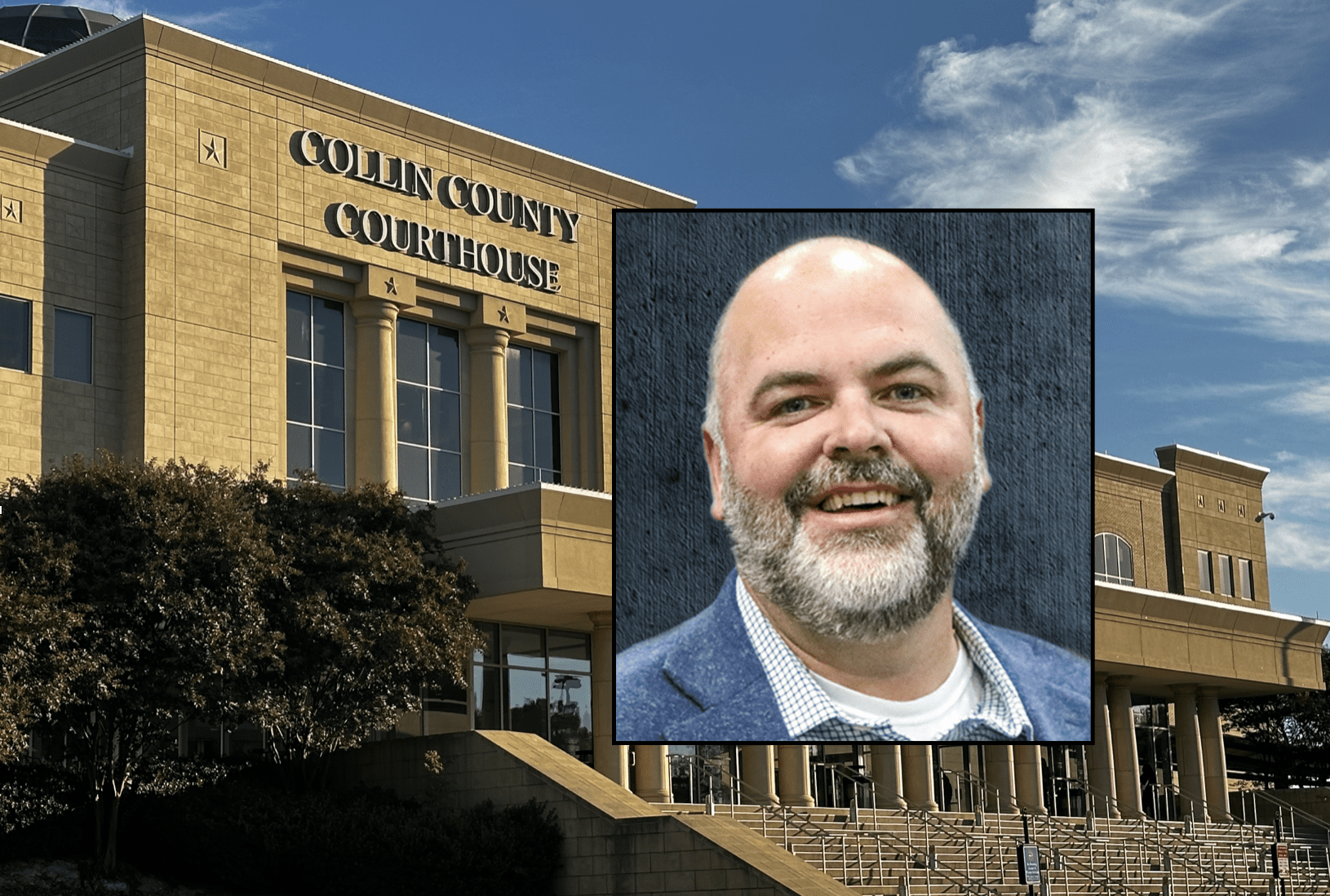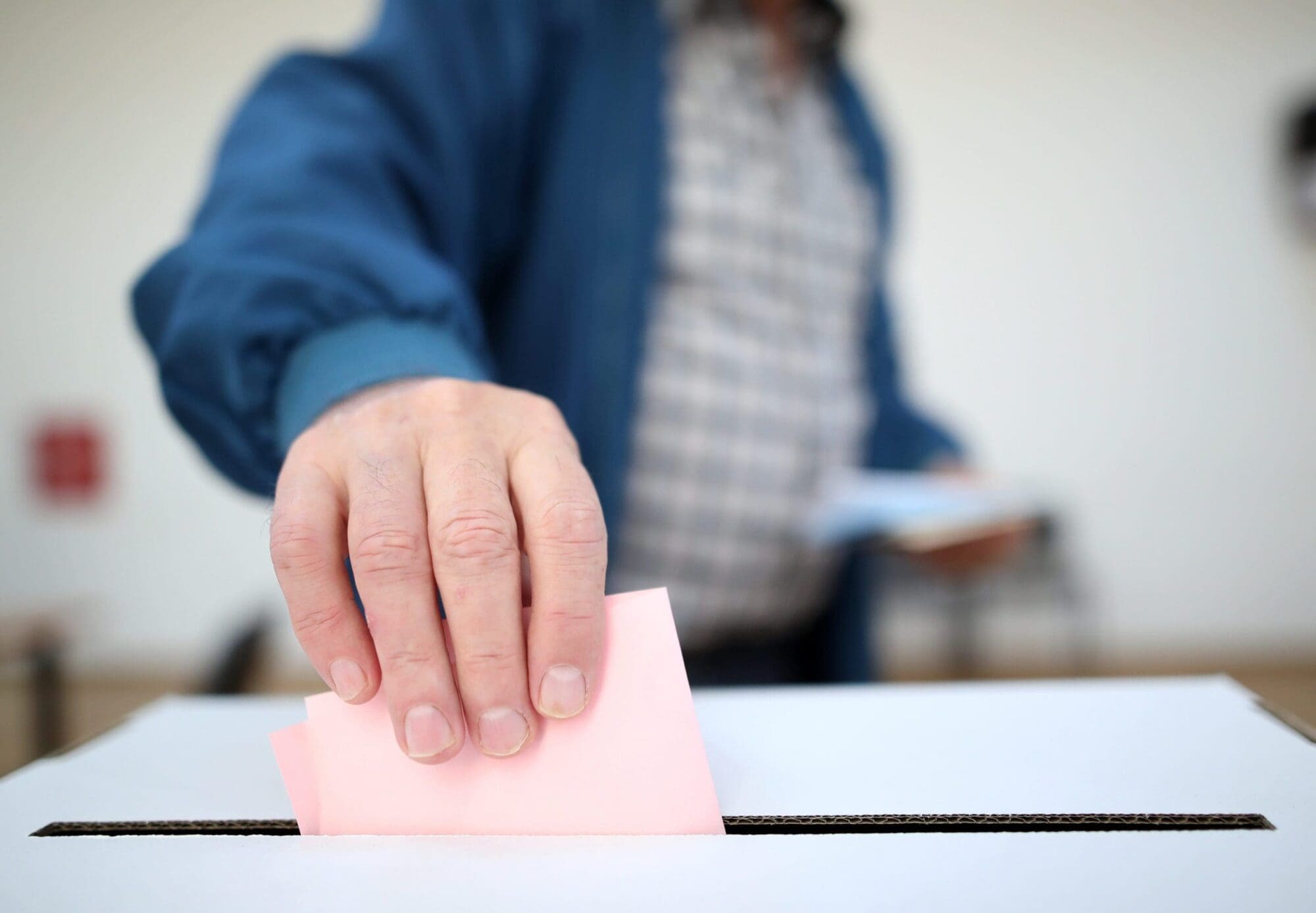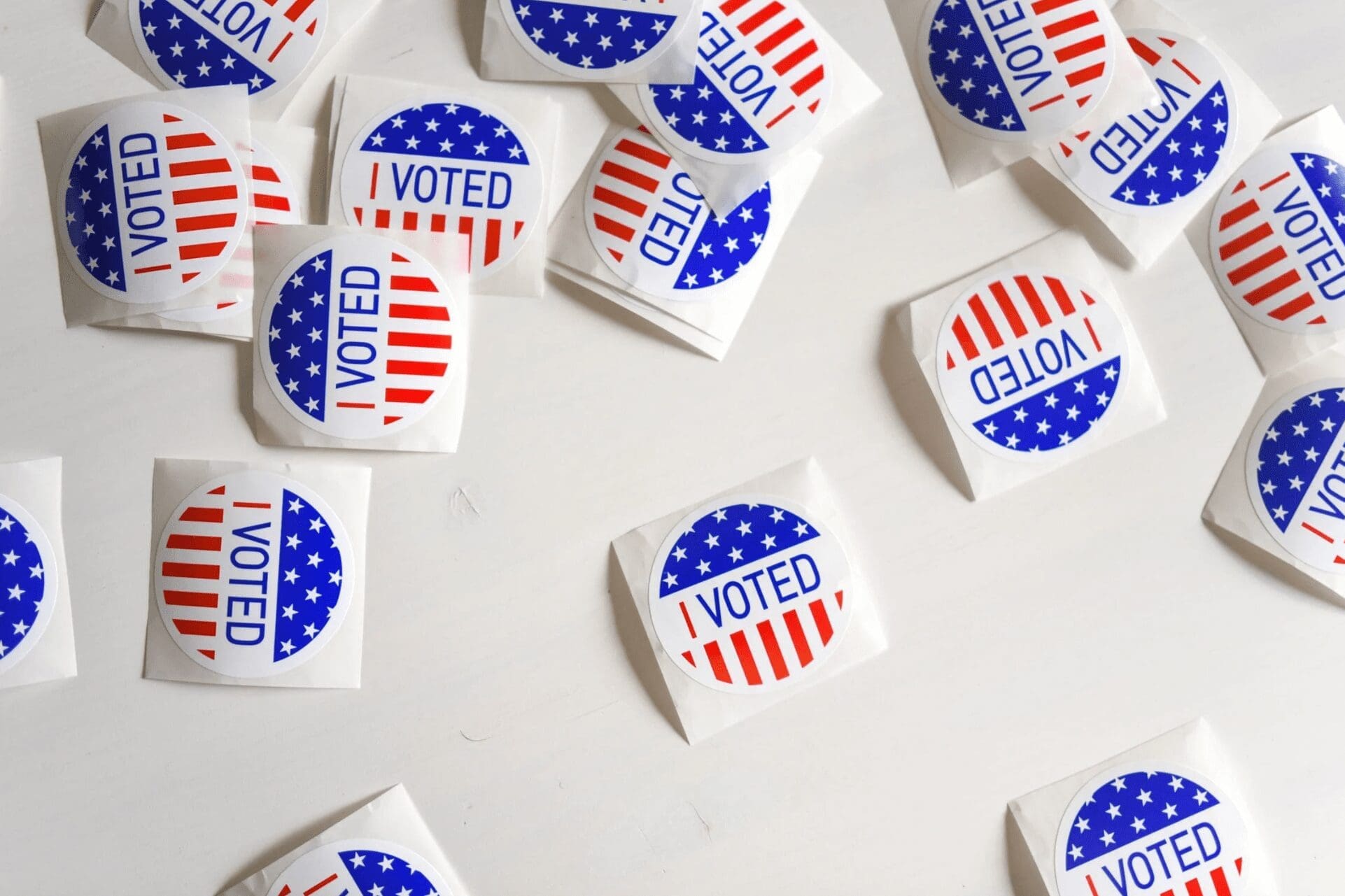Without election integrity and ballot security, our Republic and liberty are in jeopardy.
For years, voters have questioned the security of electronic voting machines, and for several legislative sessions, auditable paper trail bills were filed but never passed. As Daniel Greer of Direct Action Texas accurately reports, the 2019 bills mandating contemporaneous paper records for Texas’ electronic voting systems sailed through the state Senate only to be shut down by State Rep. Stephanie Klick and her House Elections Committee.
In other commentary, Klick’s stall tactics, which kept the paper backup bills from reaching the House floor, have been rationalized and applauded. Fortunately for Texans, Direct Action Texas accurately sets the matter straight in their September 19 article, “Election Integrity: Fact vs. Fiction.”
While Rep. Klick and anti-paper ballot backup activists eagerly present a laundry list of reasons to oppose a paper trail for elections, they are short on legislative solutions to prevent electronic, computerized, vote-counting irregularities and potential illegalities such as these documented accounts of questionable activities going on in Texas:
- “Corrupt” or “Not Closed” memory card errors documented in Central Counting Station audit logs – in Harris, Travis, Hays, and Brazos counties (a 2007 Source Code Review states this “would potentially allow an attacker to inject false votes”)
- 1,800 electronic votes lost and not officially counted in November 2016 – in Hays
- Central Counting Station audit logs show votes “Replaced” during early vote tabulations in Dallas and Midland
- Central Counting Station Watcher reports what appears to be remote access of tabulation computers – in Dallas for 2016 and 2017
- Voting system tabulation computers appear to not record all “significant election events” mandated by Texas Administrative Code Rule 81.62(b)
- Central Counting Station Watchers report being prevented from monitoring all counting activities as mandated by Texas Election Code 33.056 – in Travis, Bexar, and Dallas in 2016-2019
- Legal proceedings filed in Dallas over electronic vote-counting issues:
- Voters and a candidate filed criminal complaints regarding vote-counting irregularities for March and November 2018 elections, respectively
- Voters filed a Mandamus and Declaratory Judgment lawsuit requesting a judge to compel Dallas election officials to follow election counting laws (Bickham, et. al v. Dallas County)
- Voter files an 18-page brief with 4,600 pages of evidence contesting the May 2019 $1 billion bond election (Launius v. Dallas Community College District)
Given these recurring computerized tabulation irregularities and potential illegalities, Texans looked to the legislature for legislative remedies and got none. Joseph Stalin warned ages ago, “I consider it completely unimportant who in the party will vote, or how; but what is extremely important is this—who will count the votes, and how.”
Even Politico recently reported the immovable and irrefutable fact that without a paper audit trail, election results from electronic voting cannot be verified. Because there is both bipartisan agreement and alarm regarding U.S. Intelligence reports that confirm Russian actors indeed probed election systems in at least 21 states, Congress appropriated $380 million to help fund ballot security measures.
Verifiable paper trails are part of those security measures. The Senate Select Committee on Intelligence concluded, “States should rapidly replace outdated and vulnerable voting systems. At a minimum, any machine purchased going forward should have a voter-verified paper trail and no WiFi capability.”
We believe there is a major electronic vote-counting vulnerability in Texas, and a paper trail will add election integrity “belts and suspenders” to our system. A vast majority of conservative activist leaders are calling for election paper trails (this is supported by the Texas Republican Party Platform). And, thanks to Attorney General Ken Paxton’s 2017 opinion that provided legal precedent for counties to purchase auditable paper trail voting systems, counties are responding by purchasing hybrid voting systems that retain voter-verified, consecutively numbered, paper ballot backups.
Paper trail supporters agree that even with an auditable paper trail, voters and candidates cannot blindly trust all is well. Candidates must be vigilant, check the math of their elections, and ultimately hold election administrators and officials accountable to all election laws—especially existing mandatory laws for counting and paper trails:
- Counties shall provide consecutively numbered paper ballots to voters to prevent vote duplication or removal (Texas Election Code 52.062),
- Election Judges shall print mandated results tapes for Early Voting (Texas Election Code 66.023(1)) and Election Day (Texas Election Code 66.022(1), and 66.024(1)),
- Secretary of State, Election Administrators and Central Counting Station Watchers shall ensure audit logs of central counting computers record all electronic entries (Texas Administrative Code 81.62(b)).
Existing Texas election laws should never be compromised. Voters and candidates must exercise personal responsibility and be courageous to file election contests when discrepancies and illegalities are discovered—much like the recent 2019 Dallas County Community College District $1 billion bond election contest.
The grim post-86th Texas Legislative Session reality is this: The combined forces of election fraud deniers, political cowardice, and some willfully uninformed elected officials have been a roadblock to election integrity and ballot security. This is unacceptable.
While we are less than a year away from the March 2020 Primary Election, and the crucial November 2020 General Election gets closer by the day, we continue to educate about the critical need to secure the votes of all Texans.
Larry Korkmas, Tanya Robertson, Dale Huls, and Laura Pressley, Ph.D. also contributed to this commentary. Korkmas is a former election judge in Harris County and is president of Texans for Immigration Reduction and Enforcement, Inc.; Robertson is Senate District 11 (Harris County) State Republican Executive Committeewoman; Huls is president of the Clear Lake Tea Party and the Harris County Republican Chair of Precinct 0655; Pressley prevailed in an election case of first impression in the Texas Supreme Court and is founder of True Texas Elections, LLC.
This is a commentary submitted and published with the authors’ permission. If you wish to submit a commentary to Texas Scorecard, please submit your article to submission@texasscorecard.com.





